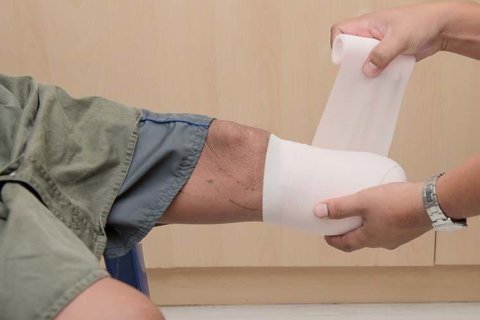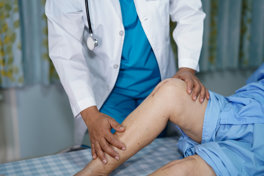Phantom limb pain is when someone experiences pain that seems to come from a limb or finger or toe that isn’t there because of an amputation. For most, phantom limb pain will be temporary and get better over time but this isn’t always the case. It is a recognised form of chronic neuropathic pain.
Losing a limb is a life-changing event and it is sadly relatively common in the UK. Every year, there are 10,000 amputations that take place, and up to 200,000 amputees living in the UK,. If you have had to have an amputation due to an accident, you may be able to claim compensation.
Our specialist serious injury solicitors have helped many people get their lives back on track after they’ve had an amputation following a serious injury. We can help you access the compensation and rehabilitation you need to get through your phantom limb pain.
Get in touch with our Personal Injury Lawyers for a free claims assessment.









